'Tis the season to feel a little under the weather.
Every year as the seasons pass and the leaves change colors most people anticipate getting sick but getting through it anyway...
They will be sniffling and dabbing their runny nose frequently.
Their stomachs will grumble with nausea.
Their sinuses will get blocked up with mucus.
They'll toss and turn in bed for hours before finally sleeping badly for a few hours.
They'll be tormented by migraines.
They'll cancel their weekend social plans so that they can sleep extra.
If they get sick they'll double or triple dose on the DayQuil, NyQuil, or Paracetamol.
They'll maybe even spend some long hours kneeling before the porcelain throne.
I'll suggest you can avoid this suffering this winter if you spend a bit of attention (and money) fortifying your immune system.
An ounce of prevention is worth a pound of cure.
In this article, I'm going to give you some effective Biohacks for staying healthy this winter. If you hate getting sick during the winter and losing productive days, you're going to want to implement these Biohacks.
Immune Biohacks
The most effective, most economic supplements are toward the top of this list. I really, really hate getting sick and losing days feeling miserable so I use all of them to stay healthy. If you have a limited budget and time get the ones towards the top of this list.
Siberian Ginseng (Eleuthero)
Siberian ginseng (which I think is a cooler name than Eleutherococcus senticosus) is probably my favorite immune biohack because of its effectiveness, safety, and low cost along with pleasant taste and aesthetics. The Soviets in Russia utterly failed to build a socialist utopia but luckily for you, they managed to do some good herbal science and identify this immunity-promoting supplement which was badly needed in a country where the weather sometimes gets as cold as on the surface of the moon. It worked so well that they gave it to everyone from their Olympic athletes and soldiers fighting in Afghanistan to cosmonauts and supersonic aviators.
But its research is not limited to the Russosphere, you can find over 20 human clinical trials done all around the world on Pubmed.
Usage and Dosage: I take this almost daily, personally I enjoy taking it as a nice tea. I just dump a few hundred milligrams of Eleuthero powder into steeped hot water.
You can vary the dosage, if you feel like you're going to get sick take up 900 milligrams daily but the immune maintenance dosage is going to be 250 - 500 milligrams.
Ashwagandha
Staying healthy or getting sick during the wintertime has a lot to do with your levels of stress and testosterone. Your testosterone will naturally lower during the cold months when you are spending more time inside and getting less natural sunlight. As your testosterone lowers you're much more likely to get sick.
Chronic stress is testosterone's biological nemesis. Probably the most effective way of optimizing your testosterone is to be vigilant about your stress management; Ashwagandha is an Adaptogen that powerfully modulates your autonomic nervous system to better manage stress.
It's frequently praised by Biohackers for the productive state of relaxed arousal and modicum of tranquility it delivers.
Usage and Dosage: The research indicates that it is a medium-term biohack for stress and testosterone - taking 8 weeks - 3 months for the benefits of supplementation to really take effect. So you want to make a little more of a long-term commitment to it. Although, a lot of Biohackers do report an instantaneous effect on their mindset and subjective stress level. The recommended daily dose is 300 - 1500 milligrams daily.
Zinc
An essential nutrient for healthy immune function. A publicly published 2008 American paper exhaustively documents its essential role
The zinc-deficient patients had severe immune dysfunctions, inasmuch as they died of intercurrent infections by the time they were 25 years of age. In our studies in an experimental human model of zinc deficiency, we documented decreased serum testosterone level, oligospermia, severe immune dysfunctions mainly affecting T helper cells...
Zinc affects multiple aspects of the immune system... Zinc is crucial for normal development and function of cells mediating innate immunity, neutrophils, and NK cells.
Usage and Dosage: Take about 25 milligrams of Zinc with a meal every day. If you feel a cold coming on Zinc lozenges are a great idea and you may want to up the dosage to 45 milligrams.
Vitamin C
Another VERY affordable vitamin that belongs in your Biohacker cabinet. From the research of Linus Pauling
...in comparison with a placebo, [vitamin C is effective] in decreasing the incidence and integrated morbidity of the common cold for subjects exposed to cold viruses in the ordinary way and without colds when the test period began.
It's an especially good idea to supplement if you do high-intensity or endurance exercise frequently.
Usage and Dosage: The recommended daily dose is 100 - 200 milligrams but it's fine to mega-dose to avoid illness, as much as 2000 milligrams.
Vitamin D
During the winter months, it's especially important to supplement Vitamin D, specifically D3. Over a hundred clinical trials have been done in the past 10 years researching the connection between this crucial vitamin and the immune system.
However, for it to effectively biohack your immune system and keep you healthy it requires an essential cofactor; sunlight.
Dr. Stephanie Seneff, a senior research scientist at the Massachusetts Institute of Technology, she explained that when UVB light hits your skin, it converts vitamin D into its activated, sulfated form. Thus it’s not enough to just pop a vitamin D3 supplement. You have to activate the vitamin, and that requires exposure to real sunlight (or a high-quality UVB lamp). (p. 159)
So if you can bundle up and get 10-15 minutes of sunlight during those short winter days, it will make that Vitamin D3 all the more effective. If you can't you may want to consider a tanning salon membership or investing in an ultraviolet-B light.
Usage and Dosage: The recommended daily is 5,000 IU, if you're Vitamin D deficient (which you likely are if you spend the majority of your time indoors and are maybe a little tired and depressed during the wintertime) you'll want to take as much as 8,000 IU. To make it even more potent also supplement it with Vitamin K2 and Vitamin A.
Rhodiola
This is probably my favorite Adaptogenic herb because of the noticeable dual effects it has of alleviating stress and energizing you.
Again, anything that improves your stress management has a downstream effect on improving your immune system.
Rhodiola will put some pep in your step about 15-30 minutes after you consume it. It's a wakefulness agent, some researchers even regard it as an herbal alternative to Modafinil, I'm not sure if I go that far but for me, it is an alternative to coffee.
From a book that exhaustively details the fascinating medicinal history and numerous usage case studies of Rhodiola
Long before research established that Rhodiola rosea enhances immune defense mechanisms within cells, people in the mountain villages of eastern Russia and Siberia— as well as in central Asia and Scandinavia— relied on the herb to help fight infections. During the harsh Siberian winters, villagers brewed Rhodiola rosea tea to treat colds and flu, while Mongolian doctors prescribed it for tuberculosis and cancer. In Norway, doctors routinely used the herb as a treatment for scurvy, lung disease, and intestinal worms.
As animal studies show, Rhodiola rosea can stimulate the natural killer cells that protect against infections. (3520-3526)
So its strength as an immune supplement is fighting infections.
In 1998, Andrey Yaremenko— then an enterprising graduate student at the I. P. Pavlov St. Petersburg State Medical University in Russia— presented “The Complex Treatment of Severe Infectious Diseases,” his Ph.D. dissertation in medicine. Through his research, he had determined that Rhodiola rosea could destroy pathogenic bacteria in cell cultures as effectively as the antibiotic oxacillin. (3531-3534)
Side effects? As far as risk profile the Adaptogens mentioned here fall into the category of Extremely Safe.
They have virtually none of the scary or undesirable side effects so commonly reported about pharmaceutical drugs that have the same purported benefits.
They are nutraceuticals that come from nature and they have been used in medicinal traditions for thousands of years, so they are unpatented, which is why they are relatively cheap.
Quality is a major concern with Adaptogens. Since anyone can grow them there is a real spectrum of quality. What you don't want to do is just buy the cheapest brand of herbs from your local vitamin store, they are invariably very low quality industrially farmed in China, and have unacceptably high levels of toxic metals.
I've used a lot of Adaptogens from different suppliers and unlike some of the other vitamins and nutrients mentioned here; there really is a big difference between the cheap stuff that I grab off a store shelf and organic herbs from reputable vendors which are verified as pure with a certificate of analysis or spectroscopy report.
Usage and Dosage: A daily dose to optimize your stress management and maintain healthy immune function is 200 - 400 milligrams daily, which is not much! To fight infection you would want to double that, but doing much more would maybe be overstimulating.
Resveratrol
This antioxidant is fundamental to our underlying Mitochondrial energy production process that powers our immune system.
An American 2007 study indicated it's helpful in combination with grade seed extract
Recent data showing that glucan elicited defense responses in grapevine and induced protection via induction of resveratrol production led us to evaluate the possible synergetic effects of glucan and resveratrol complex on immune reactions.
It concluded
...our data suggest significant synergy in stimulation of immunereactions and support further studies of these natural immunomodulators.
Resveratrol has grown to be thought of synonymously with red wine...
Usage and Dosage: I also like red wine, but to get a healthy supplemental dose of Resveratrol you would need to drink about 40 glasses of wine! I'll pass on THAT hangover and just take 150 - 300 milligrams (one or two capsules) daily.
Red Reishi
This is another Adaptogen that works on your autonomic nervous system and benefits immunity.
From a Chinese double-blind, placebo-controlled 2004 study done at Hong Kong Polytechnic University
Lingzhi (Ganoderma lucidum) is a woody mushroom highly regarded in traditional medicine and is widely consumed in the belief that it promotes health and longevity, lowers the risk of cancer and heart disease and boosts the immune system.
It's particularly potent in combating viral infections like Bronchiolitis, Sinusitis, Norovirus, ear infections, flu, and the common cold.
If you're going to use Reishi you don't want to go for the cheap stuff. It's a mushroom so it has a tendency to accumulate toxic metals. Only use Reishi that is verified by a 3rd party certificate of analysis, spectroscopy, or mineralogy report.
Usage and Dosage: powder extract 1.5 grams – 5 grams.
Cordyceps
A 2015 placebo-controlled human study of 79 healthy Korean men evaluated its effectiveness as an immune hack
Cordyceps militaris is a mushroom traditionally used for diverse pharmaceutical purposes in East Asia, including China, and has been found to be effective for enhancing immunity through various types of animal testing.
Therefore, [Cordyceps] is safe and effective for enhancing cell-mediated immunity of healthy male adults.
A 2009 Chinese study evaluated its helpfulness in counteracting the immune retardation caused by organ transplants for 67 people
[Cordyceps sinensis mycelia] could effectively protect liver and kidney, stimulate hemopoietic function, improve hypoproteinemia, as well as reduce the incidence of infection... Therefore, it is a useful drug for immunoregulation...
Usage and Dosage: Take 1000 milligrams of Cordyceps daily if you're concerned with getting ill.
CoQ10
This anti-aging Nootropic is important to healthy immune function. From a 2011 Indian paper
CoQ10 plays a significant role in boosting the immune system and physical performance, as tissues and cells involved with immune function are highly energy-dependent and therefore require an adequate supply of CoQ10 for optimal function.
Emile G. Bliznakov thoroughly studied CoQ10 and reported
That CoQ plays a crucial role in aging is beyond doubt. The same applies to CoQ's role in the immune system. And there is a vital connection between the immune system and aging that cannot be ignored.
Usage and Dosage: 150 - 300 milligrams daily for maintenance of health and vitality.
Immune 26
This hyperimmune egg supplement seriously empowers your immune system (even years after you've stopped taking it in my experience). It has a fascinating mechanism of borrowing the immune strengths from avian species that have better immune systems than humans.
From a 2015 American study
Passive immunization with pathogen-specific egg yolk antibodies (IgY) is emerging as a potential alternative to antibiotics for the treatment and prevention of various human [diseases].
The use of IgY offers several advantages in that it is environmentally friendly, nontoxic...
Usage and Dosage: Take 3 - 5 grams of the hyperimmune egg powder in a drink or smoothie (it does not taste bad!) It has more of a preventative immune effect than a curative one.
N-Acetyl Cysteine (NAC)
This inexpensive supplement powerfully modulates the complicated glutathione mechanism of our neurobiology to optimize our immune system, it...
Replenishes glutathione.
Breaks down mucous.
Protects against bacteria.
A Spanish study of 36 women evidenced that 600 milligrams daily for several months of NAC is very helpful to the immune systems of middle-aged women.
It's probably more effective as an immune hack for older adults than otherwise healthy young people.
Usage and Dosage: 600 milligrams is the dose used in the studies that demonstrated immune benefit. In human studies, the benefit to immunity was noted after several months, so it's a medium-term biohack.
NAD+
NAD+ tunes your immune system like a master tuner tuning a grand piano. It will also modulate down the immune system which mitigates various autoimmune disorders. From a paper published by Harvard Medical School
Researchers found that NAD+, a natural molecule found in living cells, plants and food, protects against autoimmune diseases by altering the immune response and turning “destructive” cells into “protective” cells. The molecule is also able to reverse disease progression by restoring damaged tissue caused by the autoimmunity process.
“This is a universal molecule that can potentially treat not only autoimmune diseases but other acute or chronic conditions such as allergy, chronic obstructive pulmonary disease, sepsis and immunodeficiency,” said Stefan G. Tullius, HMS professor of surgery
From a 2011 German Review:
NAD +: a modulator of immune functions:
Latterly, nicotinamide adenine dinucleotide (NAD+) has emerged as a molecule with versatile functions and of enormous impact on the maintenance of cell integrity.
Taken together, an efficient supply of NAD+ seems to be a crucial need for a multitude of cell functions, underlining the yet only partly revealed potency of this small molecule to influence cell fate.
Usage and Dosage: NAD+ is an increasingly renowned anti-aging supplement but it's a medium-term biohack, so it's a good idea for long-term immune health, it likely won't make much of a difference with a cold you're trying to kick now.
Melatonin
Melatonin's main utility to Biohackers is as a sleep aid. It supplements an important hormone that puts you to sleep.
Sleep is crucial to immune function, a night of bad or insufficient sleep puts you at an increased risk of getting sick, especially during the cold winter months.
If you're stressed over the hectic holidays (or drank too many coffees) it costs you quality of sleep, but if you use Melatonin sparingly you will sleep like a baby and wake up feeling refreshed.
To quote an authoritative 2013 paper on Melatonin and the immune system
While some authors argue that melatonin is an immunostimulant, many studies have also described anti-inflammatory properties. The data reviewed in this paper support the idea of melatonin as an immune buffer, acting as a stimulant under basal or immunosuppressive conditions or as an anti-inflammatory compound in the presence of exacerbated immune responses, such as acute inflammation.
This is interesting, it's saying that Melatonin helps the immune system when it needs it and also turns down the immune system when it is overactive as an anti-inflammatory agent.
Usage and Dosage: Take 5 -20 milligrams before bed NOT more than twice a week. More frequent and you'll build up a tolerance and will have trouble getting to sleep without it.
Immune Lifehacks
Sunlight

One of the main reasons we suffer from seasonal affective disorder is the lack of natural light from the sun. Ideally, you would want to spend about 15 minutes every day sunbathing in your swimsuit (or your birthday suit!) but during the wintertime, you'll be lucky to get just a few moments of sunlight a day on your face as you hurry in from the cold.
Maybe you can do some winter sports nearly naked like this guy...
If NOT it's a pretty great idea for you to invest in a UVB lamp that shines on you wherever you work or spend a lot of time.
Probiotic Foods
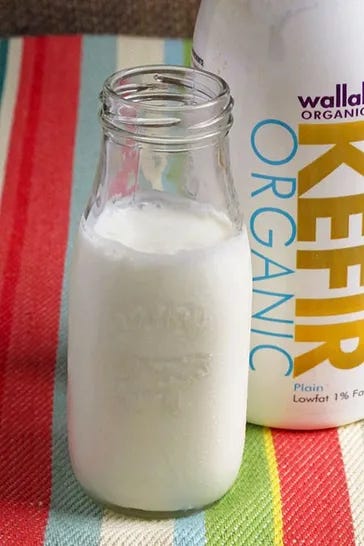
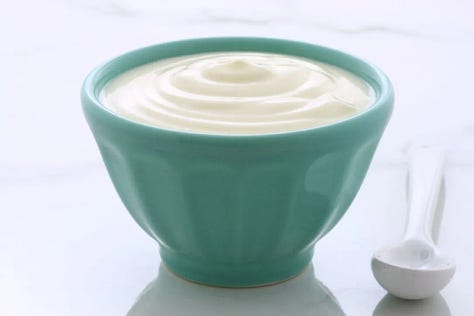
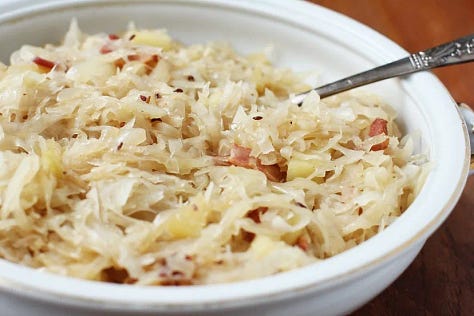
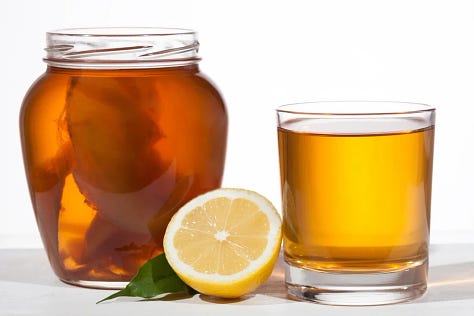
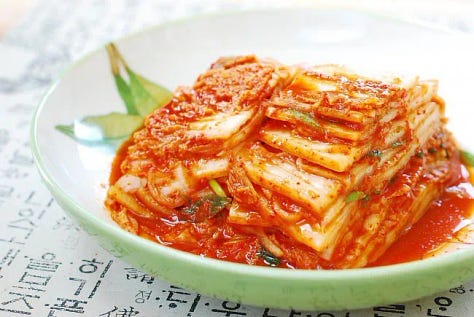
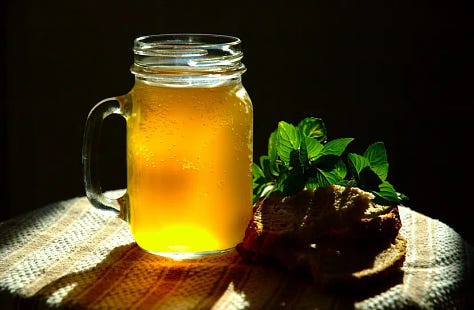
Giving your gut biome the healthy bacteria it needs is key to your immune system functioning and your body being able to fully utilize and absorb the nutrients in the supplements mentioned above. Daily try to consume some of the following probiotics...
Probiotic organic yogurt
Korean kimchi
German sauerkraut
You can also drink tasty probiotic beverages like
Turkish Kefir
Russian Kvass
Kombucha
Garlic
Is a well-known immune-promoting food - although it works better stimulating your immune system if used episodically.
Contrary to Mediterranean folk wisdom, consuming Garlic daily can be problematic...
It can overstimulate the immune system, causing inflammation and other undesirable symptoms.
As little as 25 grams of Garlic is toxic, presumably even less if you're consuming non-organic garlic.
Garlic allergies are common.
You'll stink of garlic. Despite the best dental hygiene, it comes out of your pores.
Contrary to what every child jokes about on Halloween, a very humorous Norwegian study indicated garlic may actually attract vampires!
Nevertheless, during the winter months, I'll increase my garlic consumption, adding it to my meals a couple of times a week.
When I was a gringo living in Central America I would occasionally feel like I was just about to get sick after drinking bad water, eating a suspicious empanada, drinking too much crappy beer, or making out with a young single mother in a reggaeton disco...

I would eat a bunch of garlic immediately followed by 30-40 minutes of vigorous exercise. This always seemed to avert the impending hours of suffering spent in bed, in the bathroom, rubbing my stomach, and lamenting my life decisions. In fact, I only got seriously ill once for about 12 hours total in the 3 years I spent living in Latin America. Not bad!
Fasting
Every year new studies come out showing that fasting is a better and better lifestyle practice.
Valter Longo, Professor of Gerontology & the Biological Sciences at the University of California has studied this extensively, his research is indicating that fasting is one of the best things you can do for your immune system. To quote some of Dr. Longo's remarks that appeared in the UK's Telegraph, describing trials he conducted with people fasting for 2 - 4 days...
"When you starve, the system tries to save energy, and one of the things it can do to save energy is to recycle a lot of the immune cells that are not needed, especially those that may be damaged,"
"It gives the 'OK' for stem cells to go ahead and begin proliferating and rebuild the entire system,"
To repeat, it rebuilds the entire immune system, that's a remarkable claim, isn't it? Fasting causes autophagy, which is when your body kills off old and unhealthy cells. Particularly this rejuvenates the immune system.
Around the holidays you probably (drastically!) increase your caloric intake and cheat (egregiously!) on your healthy diet. So what better time to make biological atonement by fasting?
How to fast:
Start the fast in the middle of the day,
Eat a big lunch of healthy fats and just don't eat anything solid for 24 - 72 hours.
Drink a lot of water or tea.
You'll get a bit uncomfortable and hungry but it's really not bad.
If you can only go 20 - 24 hours the first time it's OK, that's still really beneficial to your health.
Occupy yourself with some tasks that are distracting but NOT too physically excruciating.
The meal you have breaking the fast will be amazing, it will taste like the best meal at the fanciest restaurant you've ever visited.
This year I'll do a 24-hour fast before Christmas Eve dinner. And then I'll do a 2 or 3-day fast during those relatively unproductive, lackadaisical days between Christmas and New Year's Eve revelry.
Ejaculation Control (For Men)
This immunity lifehack comes from the original Biohackers - Taoists. From a book that is a must-read for men, The Tao Of Health, Sex, and Longevity
Peng Tze points out, “one ejaculation is one hundred times more harmful than one in spring.” Men who sharply reduce their emission frequencies during winter without reducing intercourse suffer far less from colds, influenza, chills, the winter “blues,” and other symptoms related to cold weather. (5586-5589)
The Multi-Orgasmic Man by Mantak Chia concurred
Taoists, who lived close to nature, also believed that just as plants and animals conserve their energy in winter, so should people. (p. 79)
This may sound like a pseudo-spiritual biohack but this ancient knowledge makes a lot of sense if you have a cursory knowledge of male reproductive biology. Producing semen is biologically costly, it contains a lot of zinc and valuable nutrients. That's energy and resources that could be spent keeping you healthy during the winter months.
If you think about it, the times you've gotten ill were often preceded by times when you were ejaculating a lot. No surprise, when we are young we have the capacity to produce a lot more semen and we can ejaculate almost daily without it making much of a difference to our health and energy levels but as we advance through our third, fourth, and fifth decades this changes.
You don't have to completely abstain from ejaculating during the wintertime - just try going for two weeks and see how you feel.
Time X Suffering
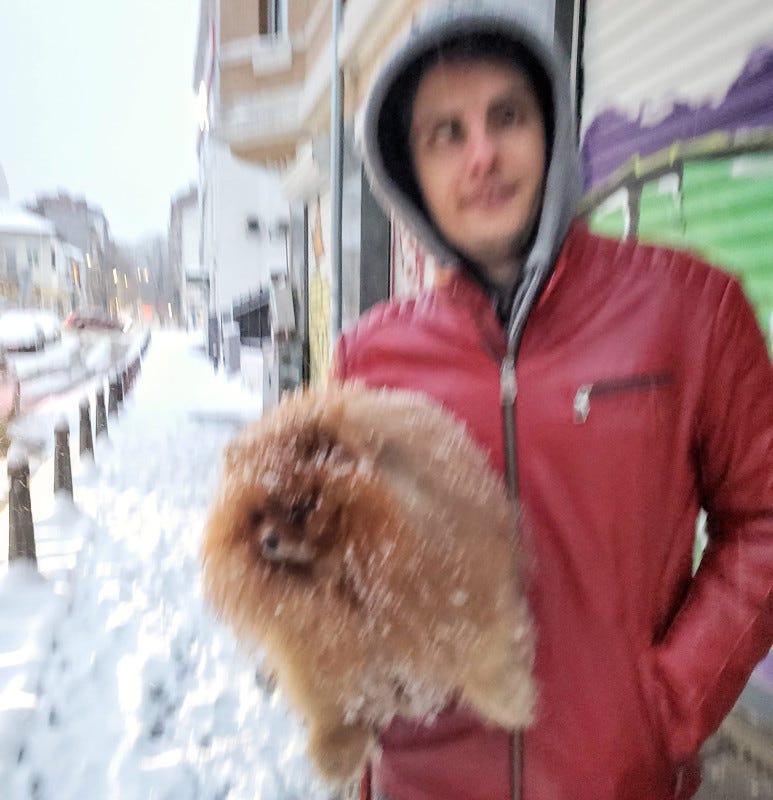
As a Lifehacker, I'm always thinking about the value of my time and the opportunity cost of whatever I'm doing. So allowing myself to get sick is a pretty egregious sin, considering that it costs between dozens of hours to many days of lost productivity. This cost is multiplied by the suffering and stress involved, getting sick is like taking an unplanned vacation and hating every minute of it. No, thank you!
Support me on Substack? For $7/monthly?
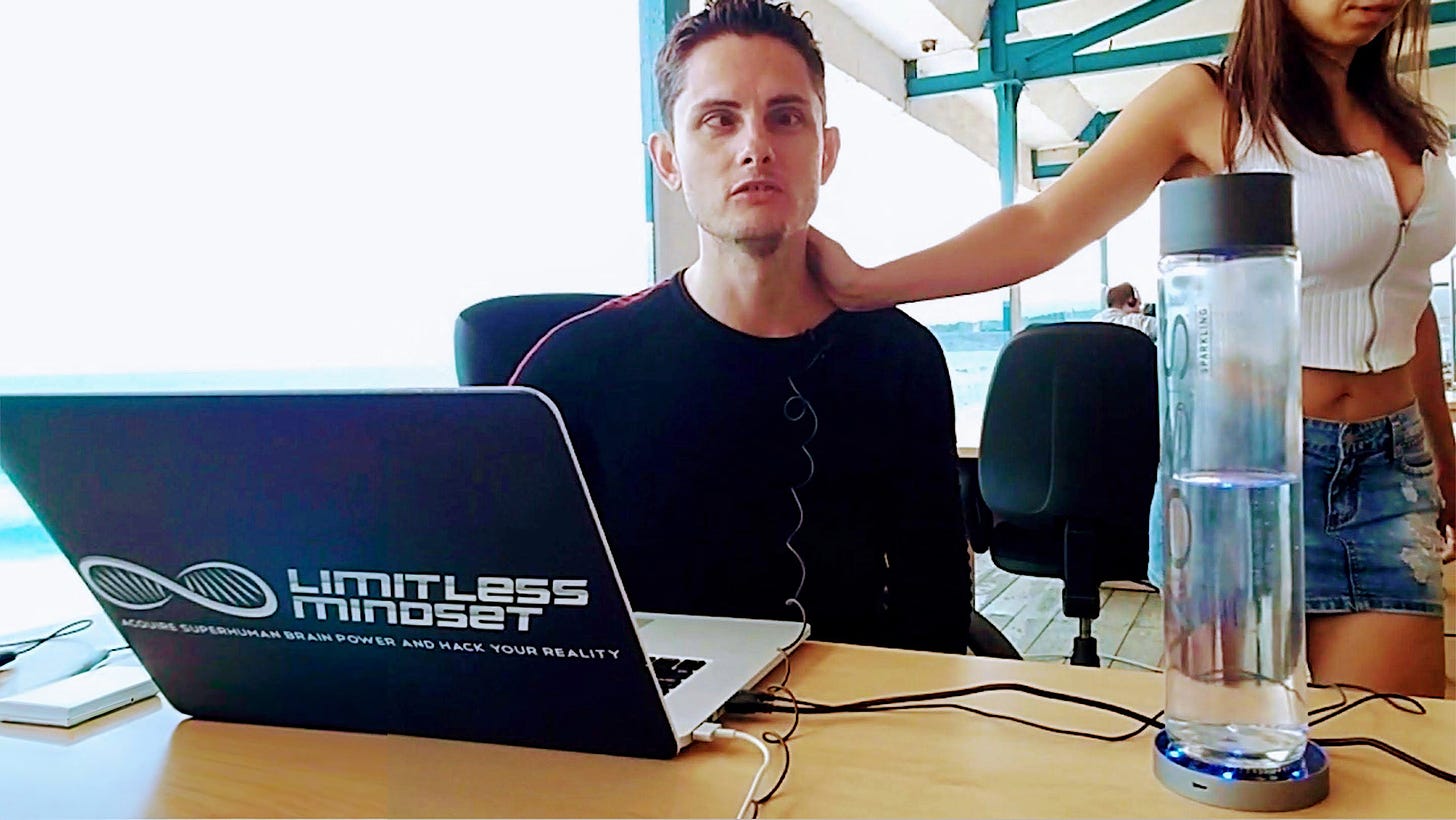




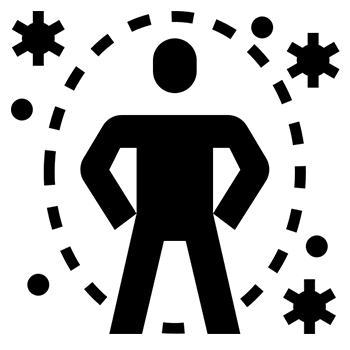
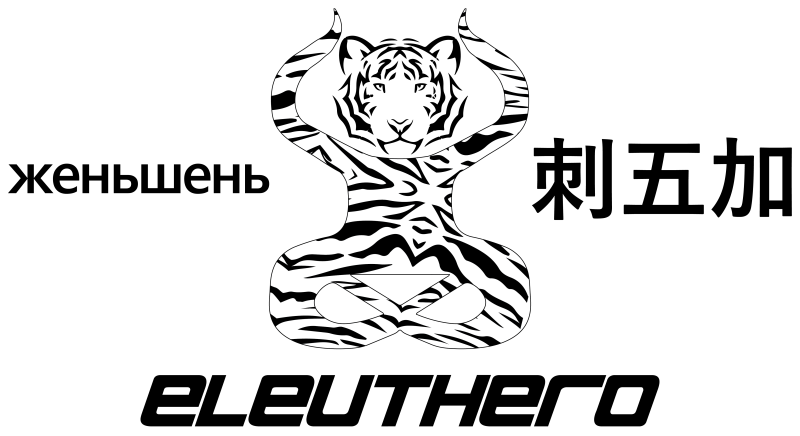
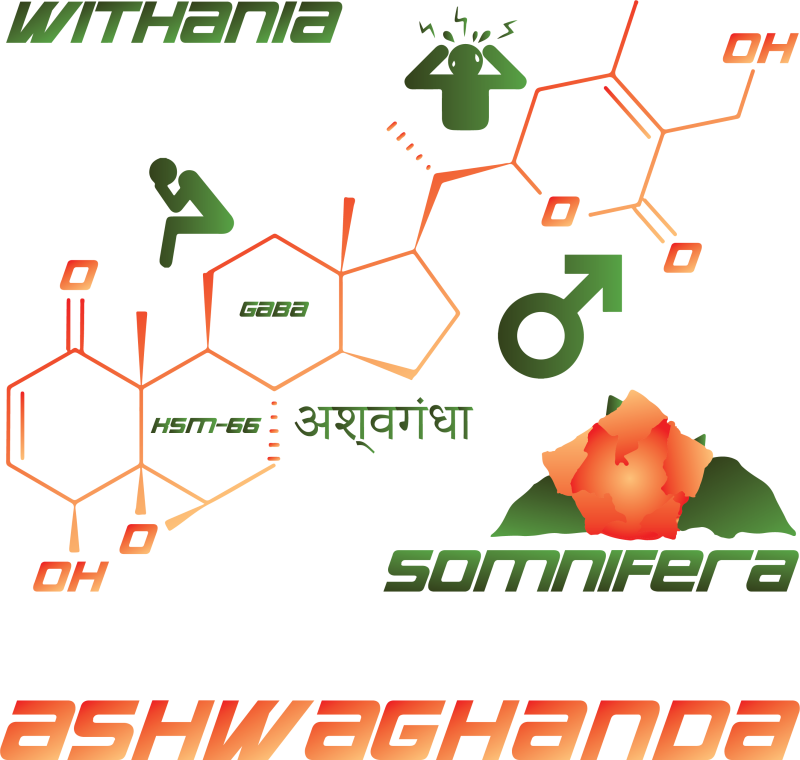
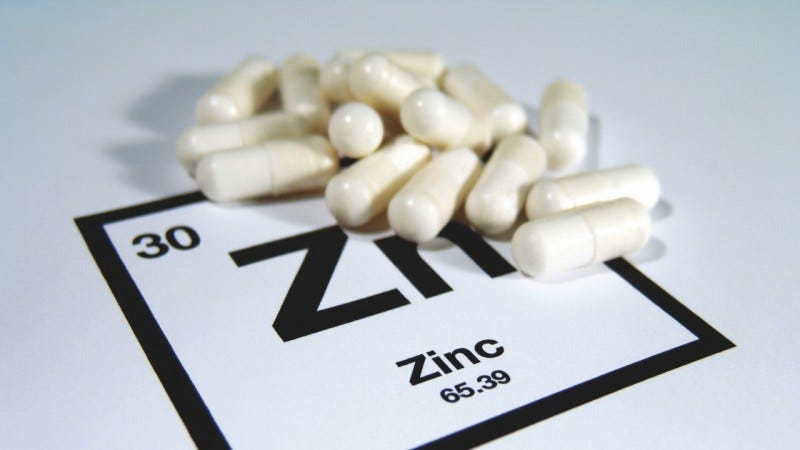
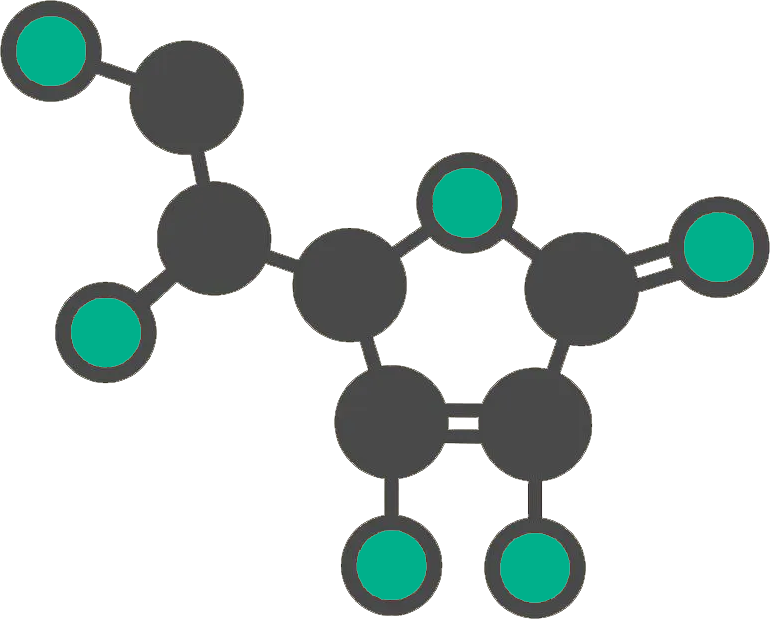
![Pure Vitamin D3 [Biohacker Review] Pure Vitamin D3 [Biohacker Review]](https://substackcdn.com/image/fetch/w_1456,c_limit,f_auto,q_auto:good,fl_progressive:steep/https%3A%2F%2Fsubstack-post-media.s3.amazonaws.com%2Fpublic%2Fimages%2F6d857c9c-93c1-4aa1-a711-774b8d65d8c8_800x450.jpeg)

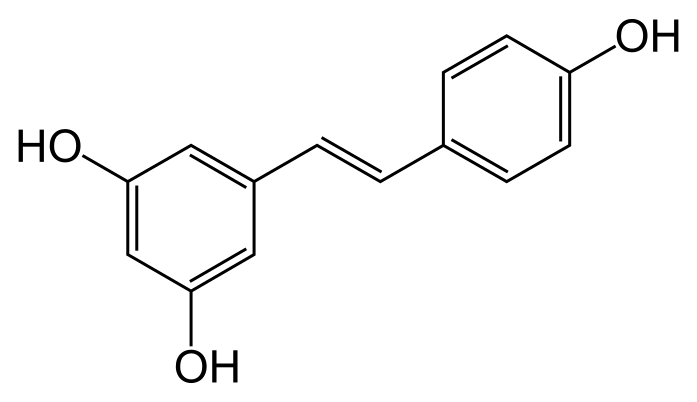
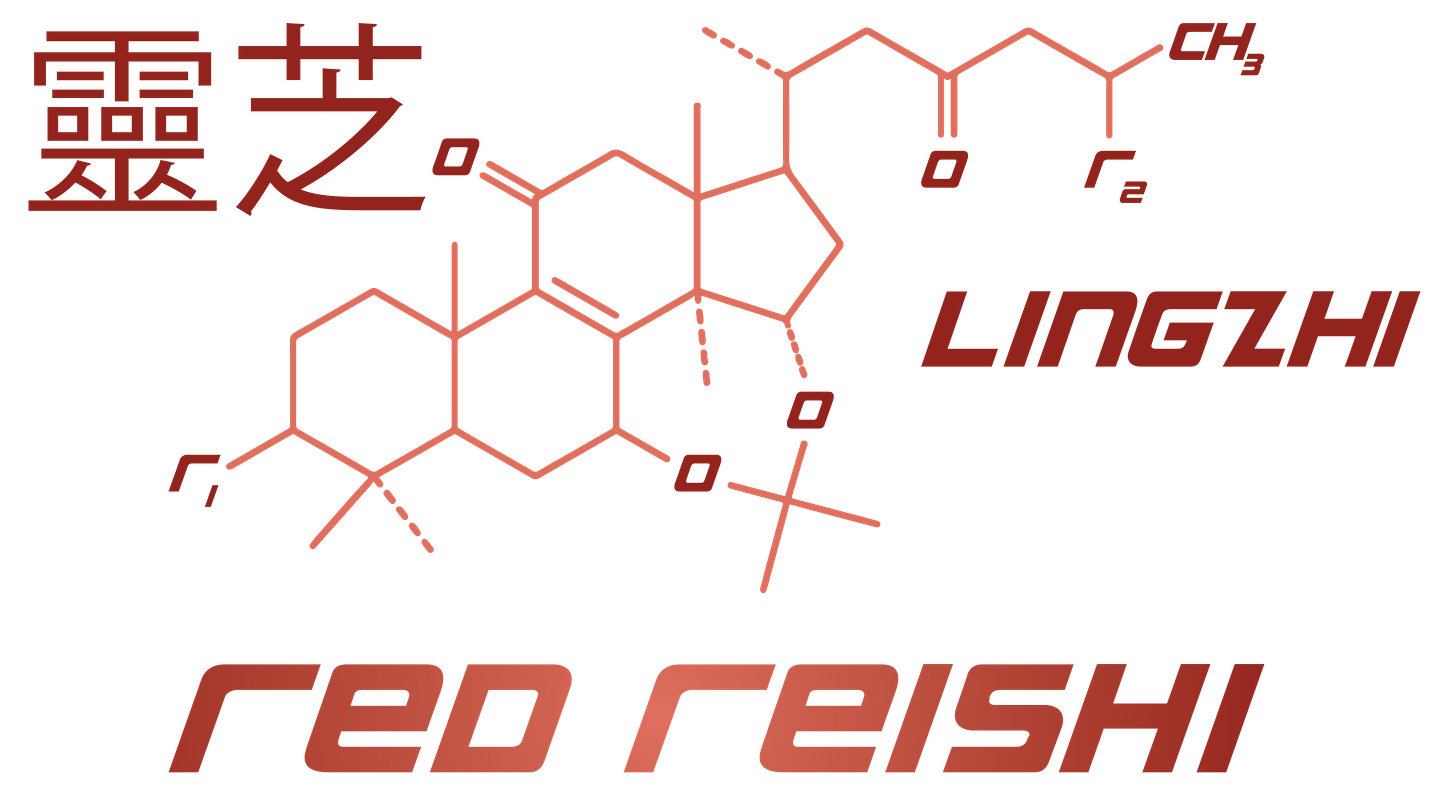
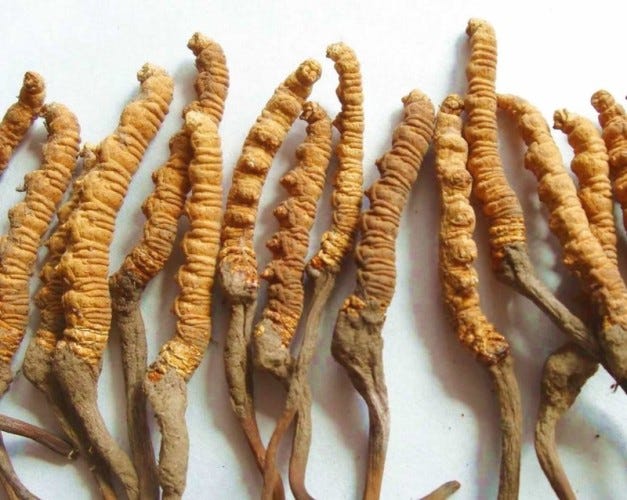
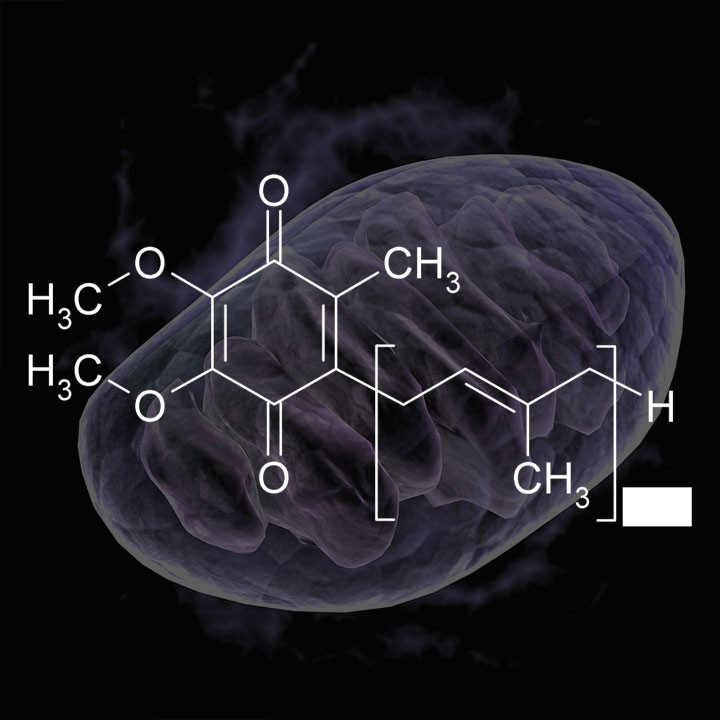
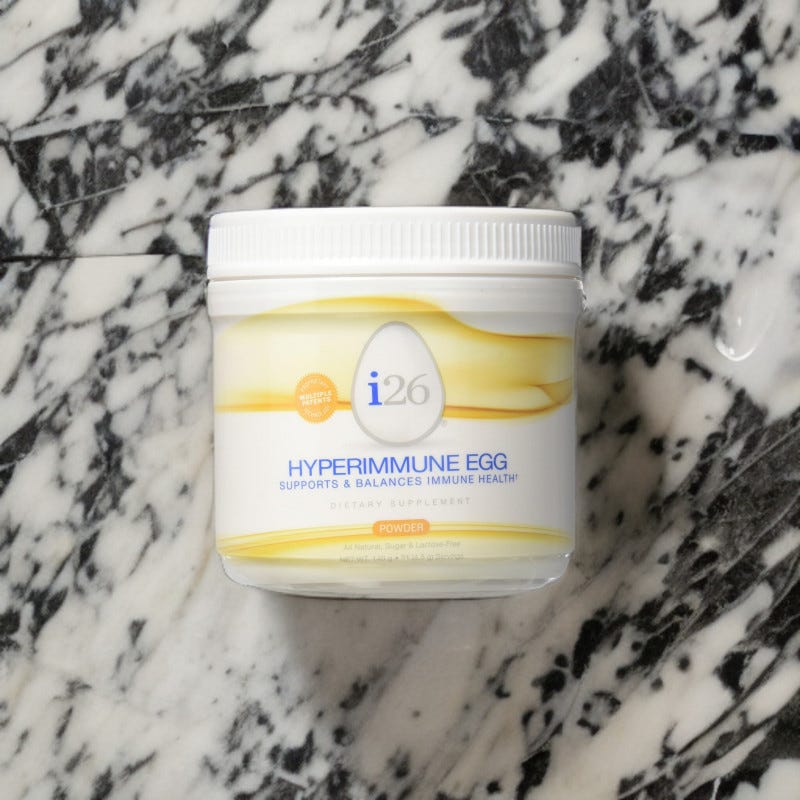

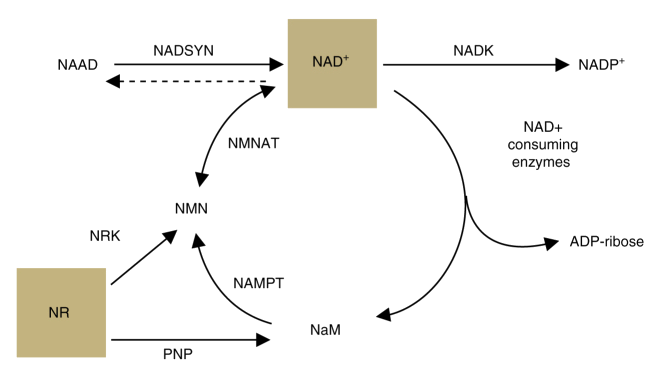
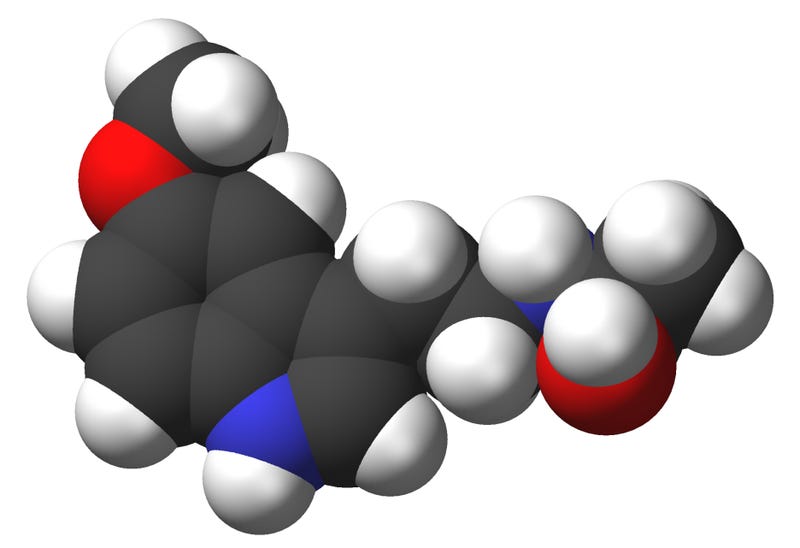
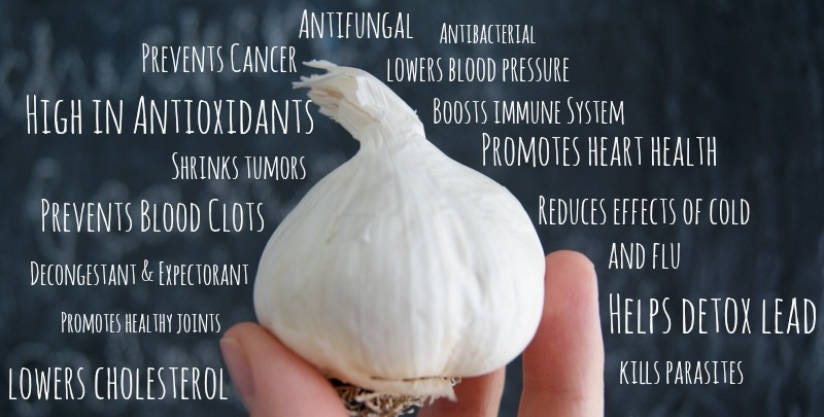
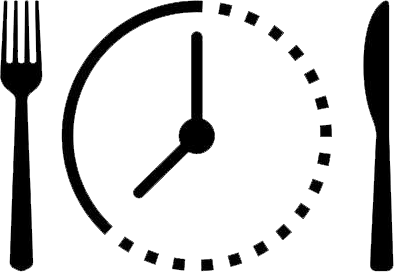
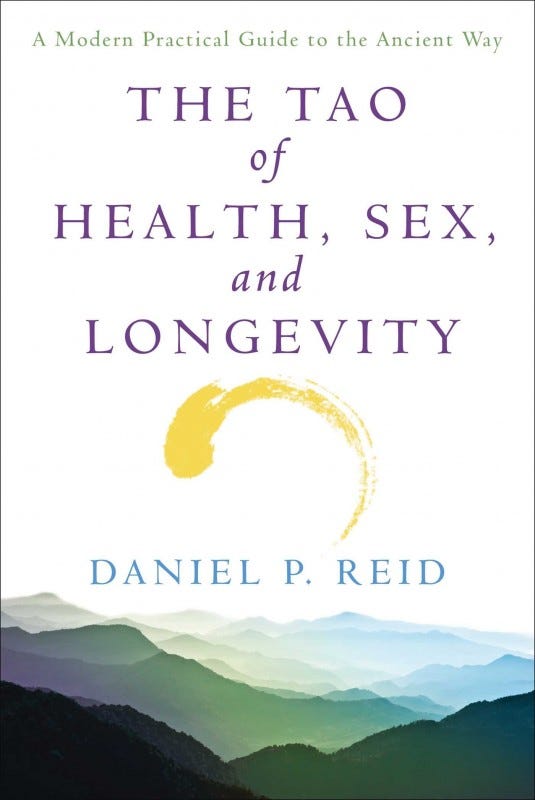








Share this post